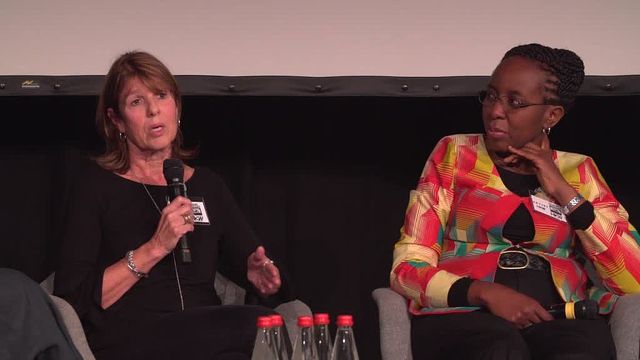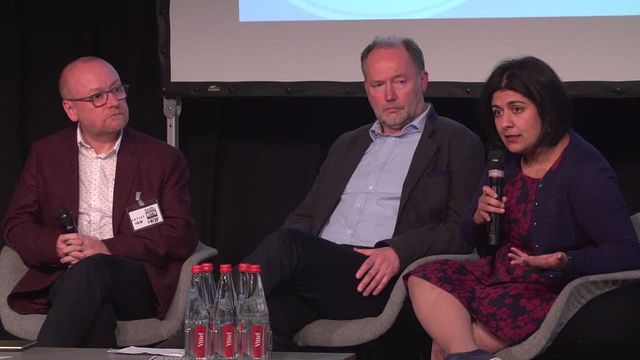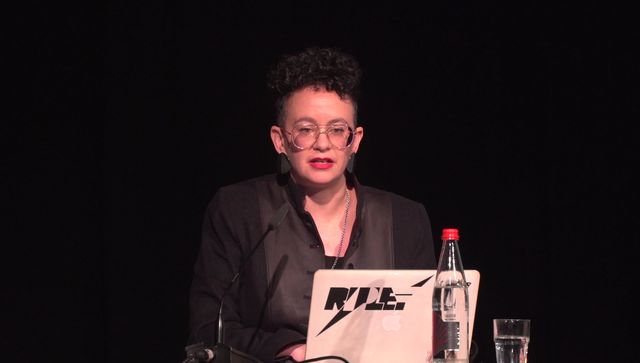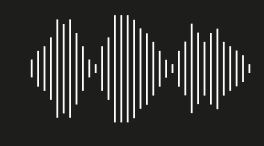Talks, keynote
Copyleft or Copywrong? Part 1
Larisa Kingston Mann, Joe Bennett, Monika Dommann, Martin Kretschmer, Fiona Macmillan, Marisella Ouma, Anjali Vats
4pm: Blurred Lines of Plagiarism: On Musical Appropriation and Business
Lectures and discussion with Joe Bennett (forensic musicologist, Berklee College of Music), Martin Kretschmer (legal scholar, University of Glasgow; director of the CREATe Centre), Anjali Vats (communications and legal scholar, attorney, Boston College)
moderated by Andrea Goetzke (cultural producer and curator, Music Pool Berlin; Torstraßenfestival)
Music on trial: How can we tell if one song is the copy of another? What is a mere tribute, what is real plagiarism? Can the sound of a piece of music be protected? What forms of musical appropriation and transformation are legitimate, what are not and why? Cases of plagiarism have become a big part of the music business. Copyright is seen as a new “currency” for investors in creativity – less for the artists themselves. But it’s not just about huge amounts of money: nothing less than the definitions and ethics of creative practice are up for negotiation here. Music analysis, conceptual rhetoric, moral value systems and cultural history: Many factors beyond the law may decide who wins a case and what precedents will shape the music of tomorrow.
5.30pm: Protection of Traditions: Cultural Expressions in the Postcolonial Condition
Lectures and discussion with Fiona Macmillan (legal scholar, Birkbeck University of London), Marisella Ouma (Intellectual Property lawyer; Office of the Attorney General and Department of Justice Kenya), Monika Dommann (historian, University of Zürich)
moderated by Andrea Goetzke (cultural producer and curator, Music Pool Berlin; Torstraßenfestival)
Tribal Voice by Yothu Yindi reached #4 on the Australian album charts in 1991. In the Aboriginal rock band’s music, millennia-old indigenous chants encounter typical pop instruments and song structures. How are folklore and copyright related to each other? What is public domain, what is cultural property? As a European invention, copyright for musical compositions is based on the exclusion of traditional, oral and community music practice, which include many works from the US folk and blues canons. Over the course of decolonization as well as the expansion of international trade agreements, postcolonial discourses and demands have called this distinction into question. Since then, the protection of Traditional Cultural Expressions (TCE) has been discussed and put into legal force in many places. What are the characteristics of such forms of expression deserving of protection? What is their political benefit to local communities? The juridification on the basis of authorship and private property transforms cultural practices. What are the consequences of the resulting fixation and commodification? What alternatives do collaborative and commons-based models offer?
7pm: Rude Citizenship: Jamaican Musical Challenges to Copyright(ed) Culture
Keynote by Larisa Kingston Mann (legal ethnographer, Temple University)
With its creative center of remix culture, dub versions, sound systems, and street parties, Jamaican musical practice is collaborative and undermines conventional copyright principles. What could alternative ideas of music ownership, control and exploitation look like? What musical techniques do marginalized communities employ that oppose the concepts of authorship and ownership of legal institutions? – When she’s not filling clubs with global bass sounds as DJ Ripley, Larisa Kingston Mann examines possibilities for autonomous cultural practice and how the law and media shape them. Copyright is also a cultural technology that presupposes specific institutional structures and reproduces a particular understanding of creative practice. How do these assumptions relate to the interests and practices of musicians?



